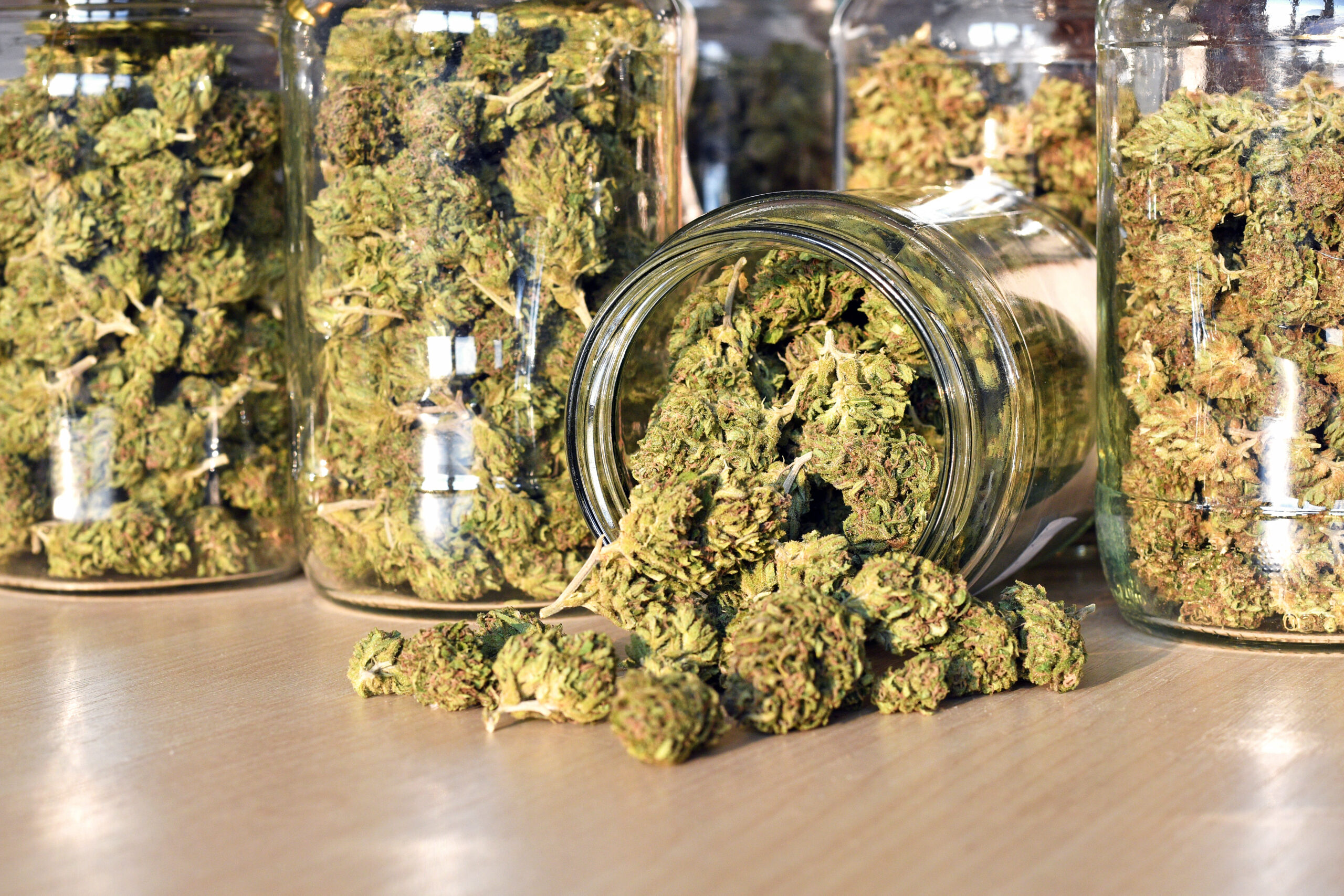5 Things to Know About THC

Photo from Pexels
Tetrahydrocannabinol, more commonly known as THC, is one of the most recognized compounds found in cannabis. As the primary psychoactive component responsible for the “high” associated with cannabis, THC has garnered both curiosity and controversy. However, beyond the common perceptions, there’s much more to know about THC.
Here are five essential things you need to know about THC.
1. THC Isn’t the Only Cannabinoid in Cannabis
Although THC often takes center stage when discussing cannabis, it’s far from the only cannabinoid in the plant. In fact, cannabis contains over 100 cannabinoids, each with its own unique effects and benefits. Cannabidiol (CBD), for example, is another well-known cannabinoid that doesn’t produce psychoactive effects but has been studied for its potential therapeutic benefits.
Cannabinoids like CBD, CBG, and others interact with the human body’s endocannabinoid system, influencing functions such as mood, appetite, and pain sensation. This interaction between THC and other cannabinoids can enhance or alter the overall effects of cannabis, a phenomenon known as the entourage effect. Other cannabinoids, like THC-A, exist in raw cannabis and only become THC when heated or decarboxylated. This is why THC-A products are becoming increasingly popular.
2. THC Offers a Range of Therapeutic Benefits
While THC is most commonly known for its recreational use, it has a variety of potential therapeutic applications. Studies have shown that THC may help alleviate symptoms of chronic pain, nausea, and muscle spasticity. For instance, THC is often prescribed to cancer patients to manage nausea and vomiting caused by chemotherapy. It has also been used as an appetite stimulant, especially for individuals undergoing treatments that can suppress hunger.
Additionally, THC is being researched for its potential to support mental health, with ongoing studies examining its effects on anxiety, depression, and PTSD. Emerging research points to THC’s potential role in helping patients cope with conditions such as multiple sclerosis and Crohn’s disease.
3. The Legal Status of THC Varies Widely
The legal landscape for THC is complex and varies drastically depending on where you are. While some countries and U.S. states have legalized cannabis for both medical and recreational use, others maintain strict prohibitions. In places where THC is legal, the regulations surrounding its purchase, possession, and use can differ, creating a confusing patchwork of laws.
For instance, some regions allow individuals to grow their own cannabis, while others only permit purchases from licensed dispensaries. Some states require medical marijuana cards, while others allow recreational use without documentation. Staying informed about your local laws is crucial to ensure compliance and avoid legal consequences.
4. THC’s Effects Vary Depending on the Individual
One of the most important things to know about THC is that its effects can vary significantly from person to person. Factors such as body weight, metabolism, tolerance, and even genetics can influence how THC interacts with an individual’s system. Some people may experience intense euphoria and relaxation, while others may feel anxious or paranoid after consuming the same amount.
This variability underscores the importance of starting with a low dose, especially for those new to cannabis, and gradually increasing as tolerance builds. Knowing your body’s reaction to THC can make a significant difference in how enjoyable the experience is.
5. THC Is Just One Part of the Growing Cannabis Industry
As the cannabis industry continues to expand, THC is just one of the many cannabinoids gaining attention. Products like CBD, CBG, and THC-A are increasingly being marketed for their unique properties, catering to a variety of consumer needs. Consumers are becoming more educated about the nuances of cannabinoids, which is helping diversify the cannabis marketplace.
The Bottom Line
THC is undoubtedly a major player in the cannabis world, but understanding its broader context is key to appreciating its full potential. Understanding the complexities of THC can help you better appreciate its evolving role in both the medicinal and recreational cannabis landscape.

